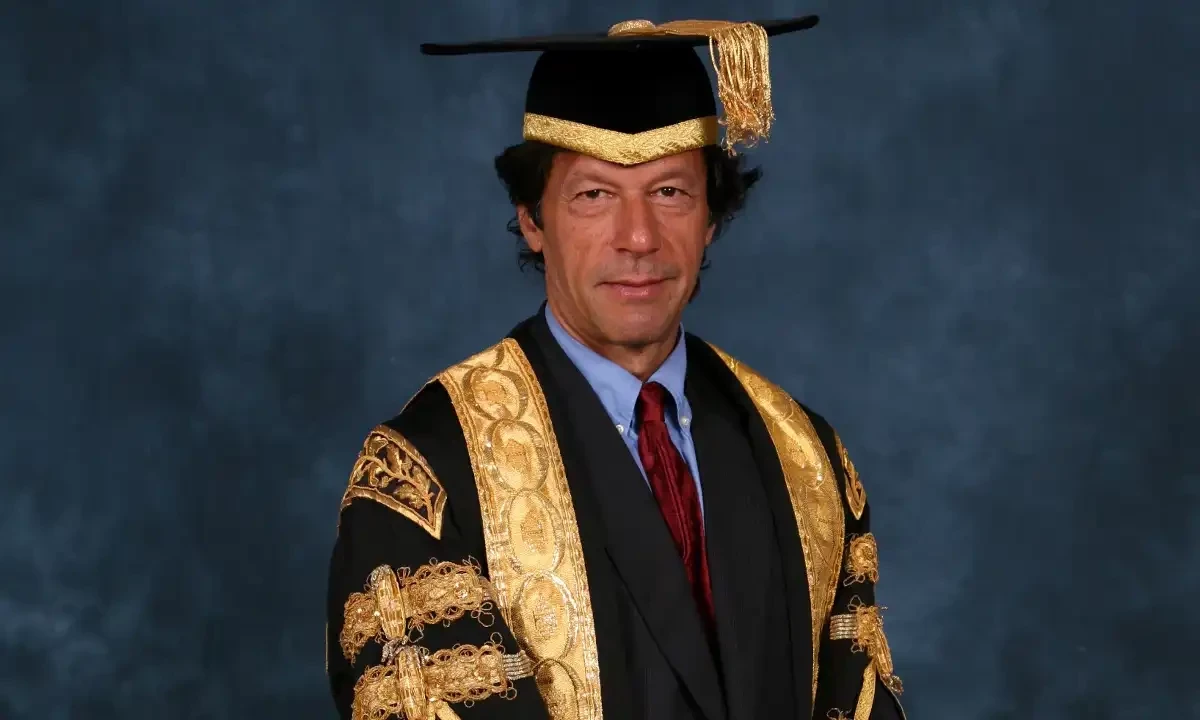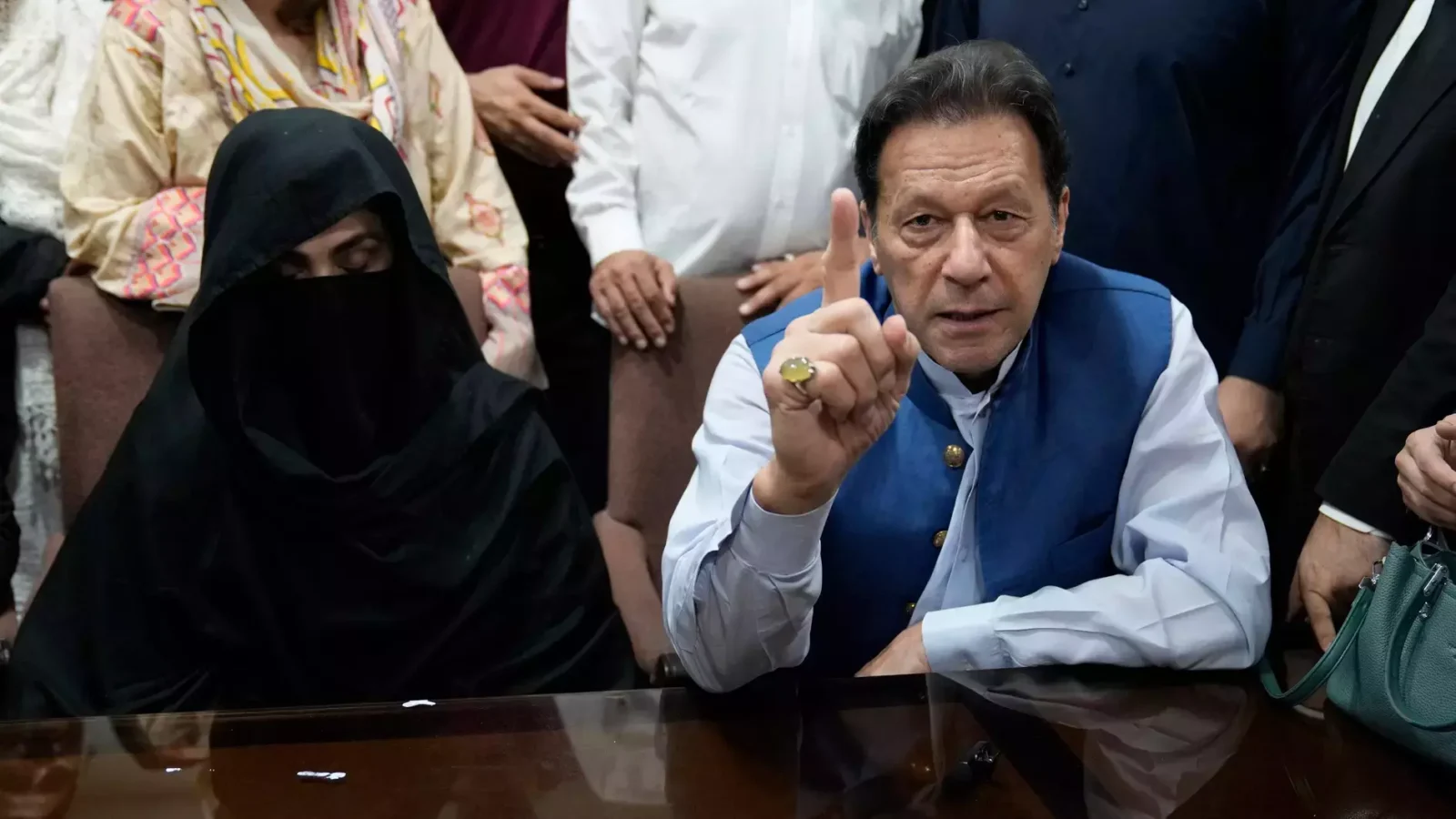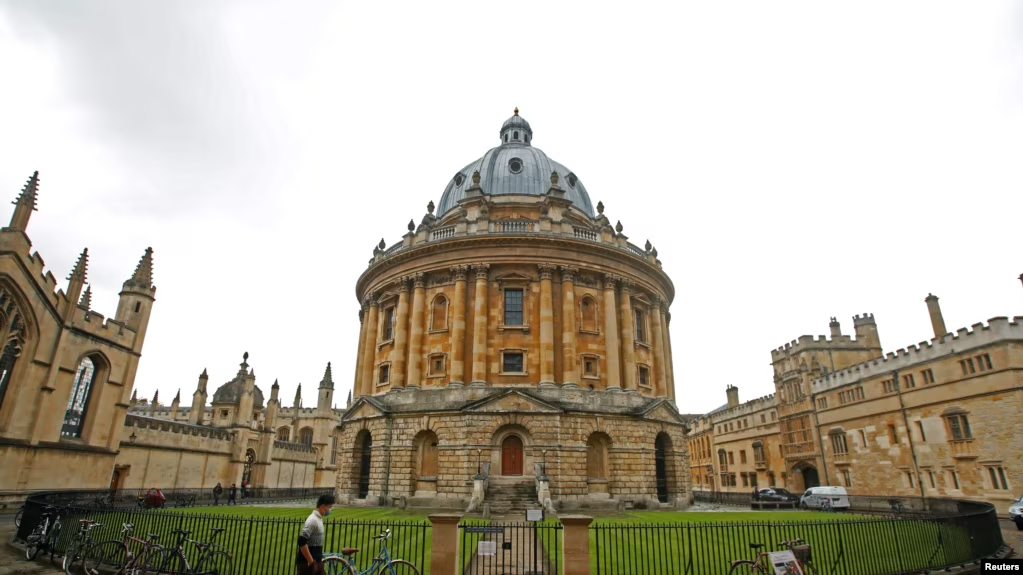
Imran Khan, Pakistan’s former prime minister, has launched a historic bid for the chancellorship of Oxford University from his prison cell. Despite facing a myriad of legal challenges and ongoing incarceration, Khan, who remains Pakistan’s most popular politician, aims to leverage his global influence by seeking this prestigious position at his alma mater.

Khan's political career has been marked by his persistent challenges to Pakistan's military and political establishment. He was removed from office through a parliamentary no-confidence vote, which he claims was orchestrated by the powerful Pakistani military. Since his ousting, Khan has been embroiled in a series of legal battles, including charges of corruption, sedition, and inciting violent protests against the military.
While his convictions were suspended or overturned by appellate courts due to lack of evidence, Khan remains incarcerated on new charges, which he vehemently denies, alleging they are politically motivated.

The position of Oxford University chancellor, a prestigious role traditionally held by notable graduates including former British prime ministers Tony Blair and Boris Johnson, is determined by the Convocation, which comprises all university alumni who have received a degree.
The election is scheduled to take place through an online ballot during the third week of the Michaelmas term, beginning on Oct. 28, with the winner serving a 10-year term.
Khan previously served as the chancellor of the University of Bradford from 2005 to 2014, demonstrating his commitment to education and leadership. His decision to run for the Oxford chancellorship from behind bars underscores his unyielding resolve to maintain a prominent role on the global stage despite his ongoing legal battles.
The Pakistani military and Khan's political rivals have consistently denied any involvement in his removal from power or the legal challenges he faces. Meanwhile, the United Nations recently declared Khan's detention as arbitrary, calling for his release. Hundreds of his supporters, including prominent members of his Pakistan Tehreek-e-Insaf (PTI) party, continue to face prosecution, which they and their defense attorneys argue is part of a broader military-backed crackdown.